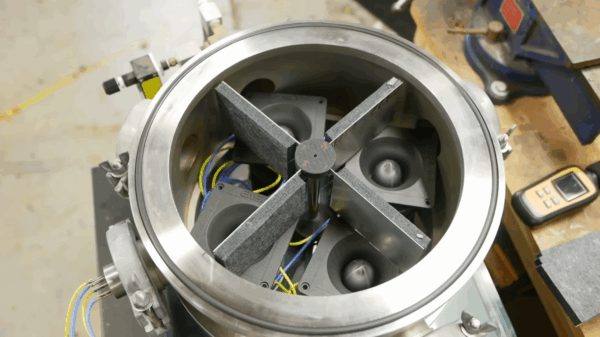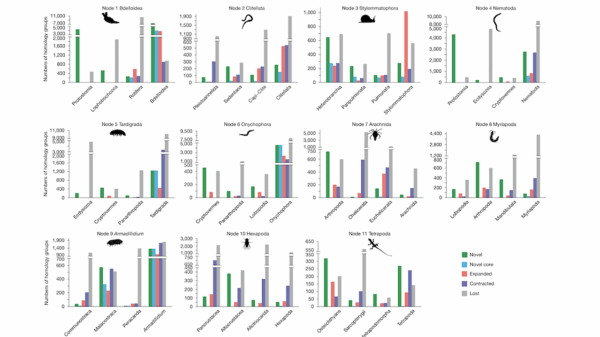The quest to understand the electron, a fundamental particle with a negative charge, is gaining renewed momentum among scientists. This subatomic particle has played a pivotal role in shaping our understanding of matter and energy since it was first theorized by J.J. Thomson in 1897. Recent advancements in technology are enabling researchers to explore the mysteries of the electron in ways that could lead to groundbreaking developments across various scientific fields.
A Historical Perspective on the Electron
The discovery of the electron marked a significant moment in physics, paving the way for the development of quantum mechanics, electromagnetism, and the Standard Model of particle physics. Despite over a century of study, many aspects of the electron remain elusive. Key areas of inquiry include the nature of electron spin, quantum entanglement, and the interactions of electrons within complex systems.
Electrons exhibit both wave-like and particle-like properties, a concept known as wave-particle duality. This duality is central to our current understanding of quantum physics, yet it continues to present challenges for physicists and chemists alike.
Revisiting Electron Properties for Technological Innovation
Recent research emphasizes the importance of revisiting the properties of electrons to uncover new principles that could revolutionize technology. For instance, in the realm of quantum computing, electrons are integral to the functioning of qubits, the basic units of quantum information. Increased understanding of electron interactions might enhance the stability of qubits, potentially leading to quantum computers that surpass classical computers in solving complex problems.
In materials science, the behavior of electrons is crucial to determining the electrical, thermal, and mechanical properties of materials. A deeper comprehension of electron interactions may facilitate the development of advanced materials, such as superconductors and innovative semiconductors.
Additionally, in the field of biophysics, electrons play a vital role in biochemical processes, especially in photosynthesis and cellular respiration. Insights into how electrons function in these processes could pave the way for advancements in renewable energy technologies and synthetic biology.
Moreover, electrons interact with photons and other particles throughout the universe. Investigating their behavior in cosmic contexts could yield valuable insights into fundamental questions about the universe, including the nature of dark matter and the origins of cosmic phenomena.
Modern Technology and the Future of Electron Research
Advancements in experimental techniques, such as ultrafast electron microscopy and synchrotron radiation, are allowing researchers to study electron behavior in unprecedented detail. These methods enable scientists to observe electron dynamics in real-time, providing fresh perspectives on longstanding questions.
Furthermore, the integration of machine learning and advanced computational techniques is accelerating the rediscovery of electron properties. Algorithms capable of analyzing extensive datasets can identify patterns in electron behavior that might remain hidden through traditional experimental approaches. This technological synergy is poised to lead to significant breakthroughs in our understanding of electrons.
Despite the promising outlook, challenges remain. Scaling experiments to explore interactions in complex systems can be daunting. Additionally, synthesizing materials at the atomic level in a controlled manner requires precision and collaboration among physicists, chemists, and engineers.
As scientists delve deeper into the mysteries of the electron, they stand on the cusp of potentially transformative discoveries that could reshape our technological landscape and enhance our grasp of the universe. The ongoing exploration of this tiny yet significant particle is not merely an academic pursuit; it represents a critical opportunity to unlock innovative solutions to some of humanity’s pressing challenges.
In summary, the journey to rediscover the electron invites extensive collaboration and creativity. As researchers continue to investigate this enigmatic particle, the implications of their findings may extend far beyond theoretical physics, touching on various aspects of daily life and technology.



































































